The 8th
LaureateTheatre/ Film
Andrzei Wajda
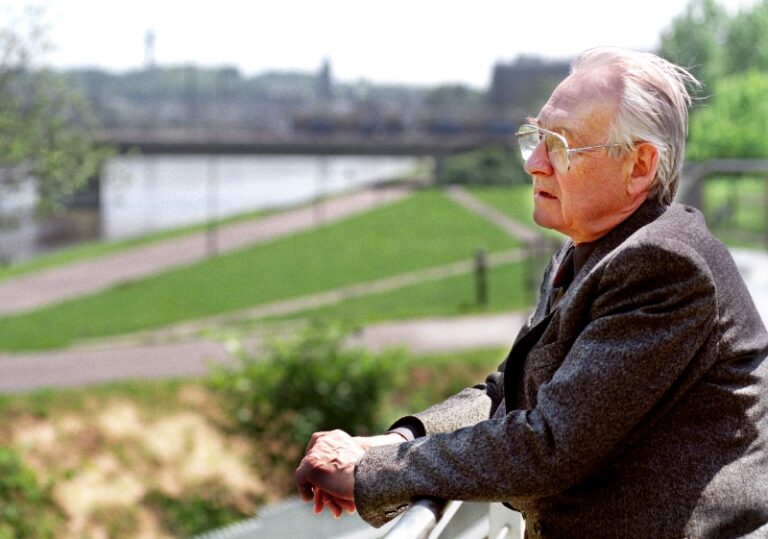
A member of the Polish resistance movement during the Nazi occupation,Andrzej Wajda was,and would always be,a socialist. He was too,on occasion,a realist. He was never a socialist realist. His films are usually intimately anchored in the troubled narrative of twentieth-century Poland,and courageously tackle themes such as creeping Stalinisation and his own people’s antisemitism. Man of Iron,his testimony to the struggle of the Solidarity movement,demonstrates a virtuosity paralleled only by the great Russian directors of the silent period. It would be unfair to catalogue Wajda solely as a ‘political director’. One of his finest films,Everything For Sale,is a study of the processes of filmmaking. Nonetheless,for 40 years Wajda has most evidently personified the filmmaker as conscience.
Biography
There are filmmakers who have dedicated their professional lives to the making of overtly political films (for example,Francesco Rosi); others,especially in Hollywood,whose films,even if ostensibly escapist in nature,also offer,if often unwilfully,an oblique reflection on the ongoing sociopolitical situation of their country of origin (such as Steven Spielberg); and still others,a mere cluster,whose films deserve to be viewed as less about some contemporary political upheaval than as a part of it – or,at least,of how it has been interpreted in the wider world. Andrzej Wajda’s films belong in this rare third category. So intimately are they (or many of them) anchored in the troubled narrative of twentieth-century Poland that any future historian of the period who omits them from his data is condemned to produce an incomplete picture.
Wajda was just 13 years old when his country was engulfed by the Second World War,and two options were open to a Polish artist in its tragic aftermath: either to emigrate or else,by remaining,to speak out,loudly and publicly,against the rampant abuses of the puppet communist regime. It was the latter path which,to his credit,Wajda elected to follow. He had been a resistant during the Nazi occupation,a member of the non-communist ak or Armia Krajowa movement,and he remained a resistant forever after,perpetually questioning the petrified edicts of official socialist realism. Wajda was,and would always be,a socialist. He was,too,on occasion,what could be described as a realist. He was never a socialist realist. That,as we have come to know all too well,is no paradox.
With his very first feature,A Generation,filmed in 1954,Wajda courageously attacked what he saw as the insidiously creeping Stalinisation of his native land. Then,in the two films which rapidly followed it,and which completed one of the cinema’s most celebrated trilogies,the claustrophobically haunting Kanal (set in the underground tunnels of Warsaw’s labyrinthine sewage system) and Ashes and Diamonds (starring the dashing young actor Zbigniew Cybulski,of whom Wajda would remark,‘He summed up our whole generation,and he resembled me like a brother’),he treated the contentious themes of,respectively,wartime resistance and the Soviet reluctance to take action during the Warsaw uprising. In Samson it was his own people’s antisemitism that he placed under a beadily uncompromising microscope. In Innocent Charmers he took as his subject the newly emergent Polish generation gap. And,in the later Danton,shot in Paris,he challenged the legitimacy and wisdom of all sanguinary forms of revolution,no matter how justified by social oppression.
The masterpiece of this current in his work was undoubtedly Man of Marble,the story of a television reporter’s aggressive investigation of the truth behind the ambiguous myth of a young clean-cut Stakhanovite bricklayer,a hero of the state fallen mysteriously from favour. An extraordinarily subtle,complex film,it gave rise to a sequel,Man of Iron,a disturbing,unhagiographical testimony to the struggle of the Solidarity movement with which its shoot coincided (it was made in 1981),seamlessly interweaving fictional reconstruction and hot-off-the-press newsreel footage with a virtuosity paralleled only by the great Russian directors of the silent period. Here,supremely,was a case of Wajda’s uncanny ability to catch history on the wing – and again,it must be insisted,there can be no truly satisfactory account of Solidarity that does not use Man of Iron as a source of primary,not secondary,evidence. Not exactly a documentary,it is nevertheless a priceless document.
Central as this militant strain has always been to his work,however,it would be unfair to catalogue Wajda under the rubric of ‘political director’ and leave it at that. One of his very finest films,made in 1967,was Everything For Sale,a film about the processes of filmmaking which was above all,even if the actor’s name is never once pronounced on the soundtrack,a homage to his cinematic alter ego,Zbigniew Cybulski,who had just met his death in a characteristically rakish endeavour to leap aboard a moving train. Nor should one neglect such wistfully elegiac period pieces as Lotna and The Young Girls of Wilko.
In 1989,with the liberalisation of the entire Eastern bloc,Wajda was elected as Solidarity candidate to the Polish parliament,the Sejm,and was finally able to undertake a long-nurtured screen biography of the Jewish pedagogue Janusz Korczak,who perished along with his pupils in a Nazi death camp. Thus,from A Generation to Dr Korczak,the political and aesthetic trajectory of his career has never faltered. For 40 years Andrzej Wajda has personified the filmmaker as conscience.
Gilbert Adair
Chronology
Made an Honorary Member of the Union of Polish Artists and Designers
President of Polish Film Association (until 1991
Made Officier de la Legion d'Honneur,France (made Commandeur in 1991)
-
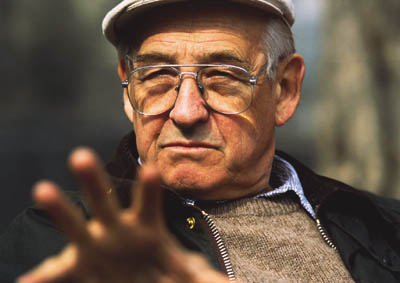
©Andrzej Wajda
-
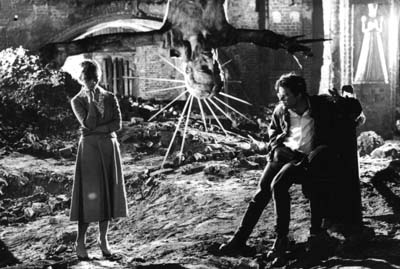
Ashes & Diamonds, 1957
-
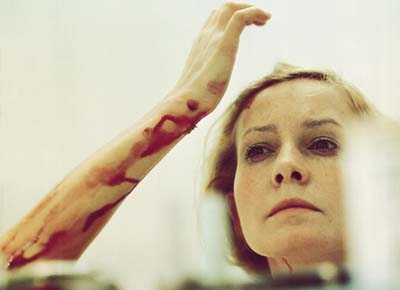
Everything for Sale, 1969
-
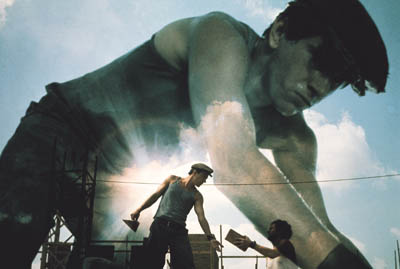
Man of Marble, 1977
-
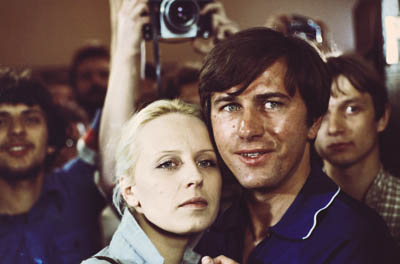
Man of Iron, 1981
-
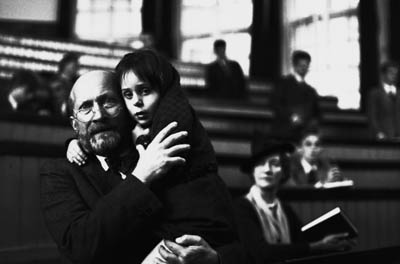
Dr Korczak, 1990
-
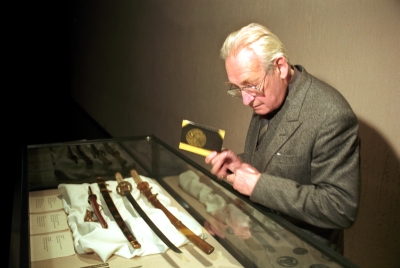
Center of Japanese Art & Technology

